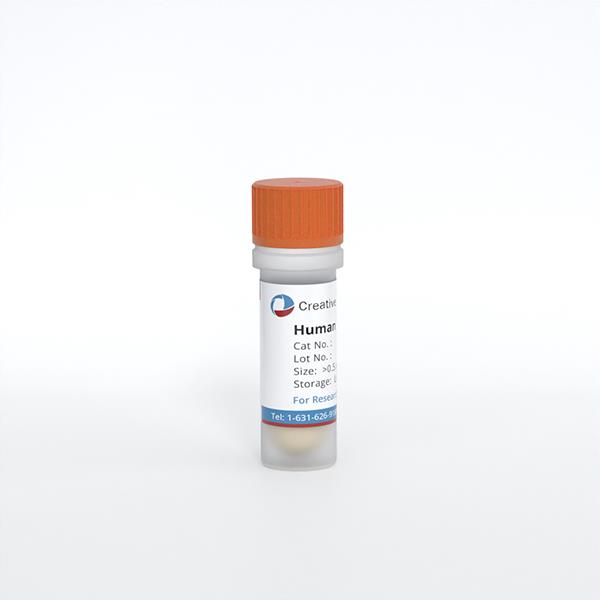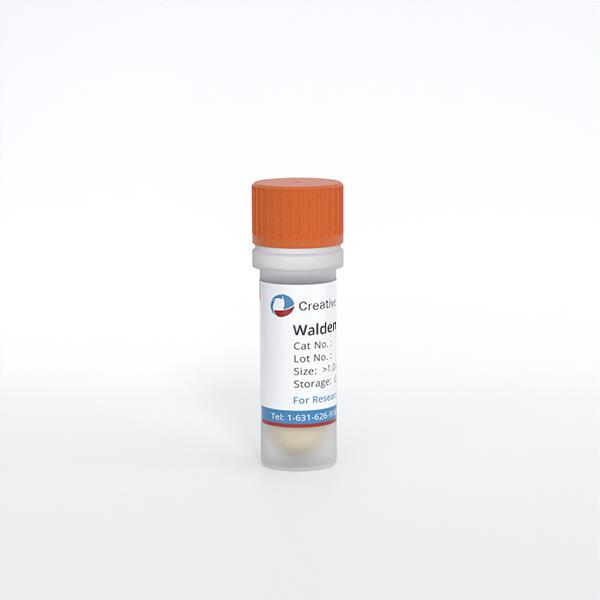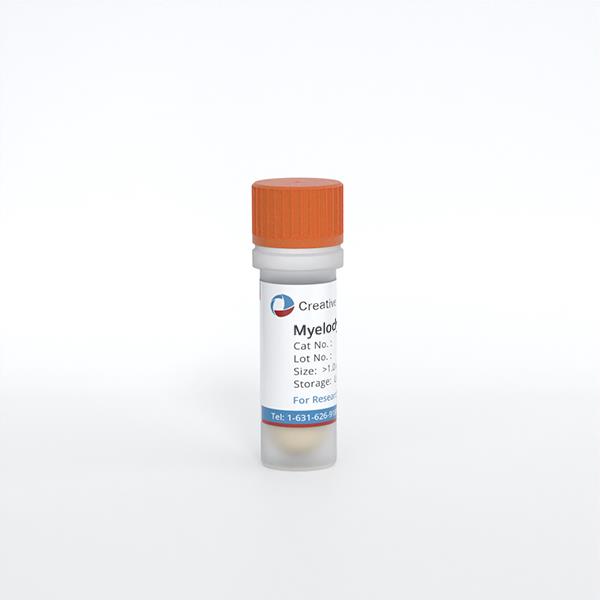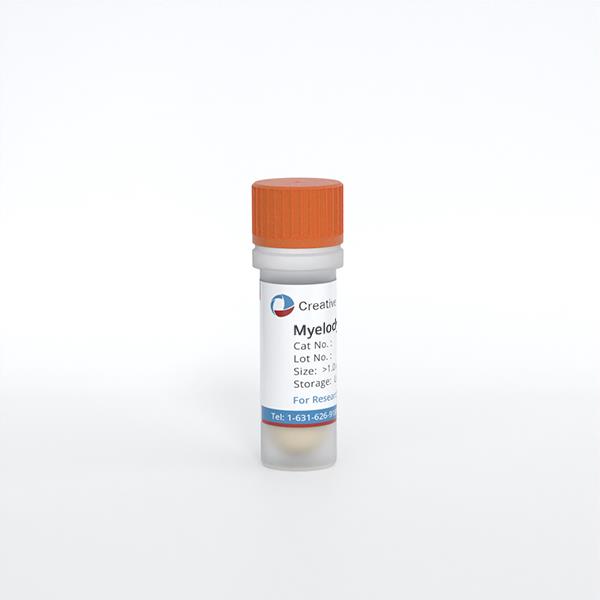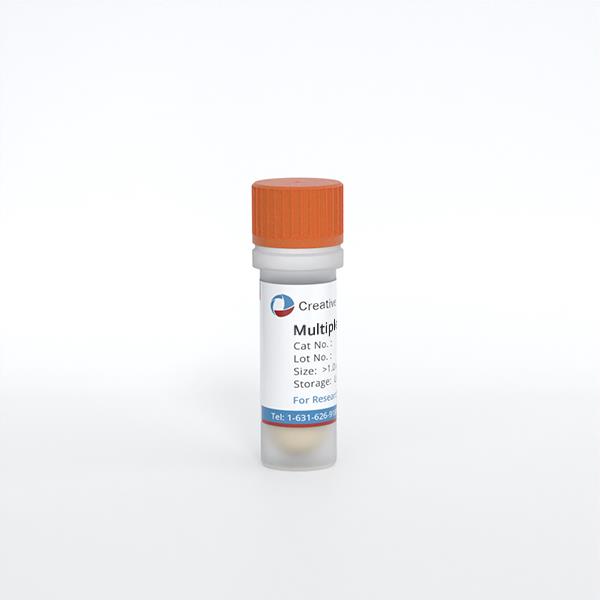ONLINE INQUIRY
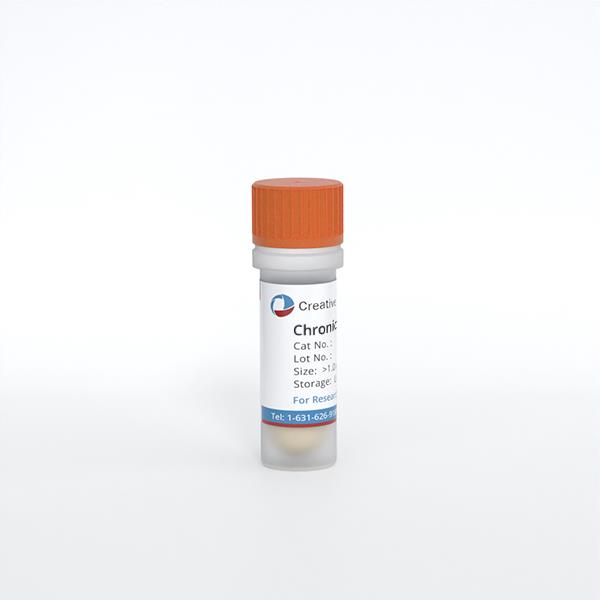
Chronic Lymphoid Leukemia Bone Marrow Mononuclear Cells (Relapsed/Refractory)
Cat.No.: CSC-C4559X
Species: Human
Source: Bone Marrow
Cell Type: Mononuclear Cell
- Specification
- Q & A
- Customer Review
Creative Bioarray's mononuclear cells are isolated from bone marrow, cord blood, or peripheral blood via density gradient centrifugation.
We do not recommend expanding mononuclear cells, as we observed that during proliferation only the mesenchymal stem cell population is proliferated, while the rest non-adherent population is washed away during media changes. It should be noted that varying the concentration of suitable growth factors and cytokine mix can majorly influence the differentiation and proliferation of cells.
Ask a Question
Average Rating: 5.0 | 1 Scientist has reviewed this product
Reliable
I trust Creative Bioarray's products and services.
11 Feb 2023
Ease of use
After sales services
Value for money
Write your own review

